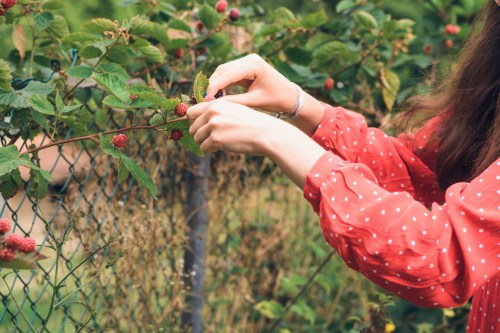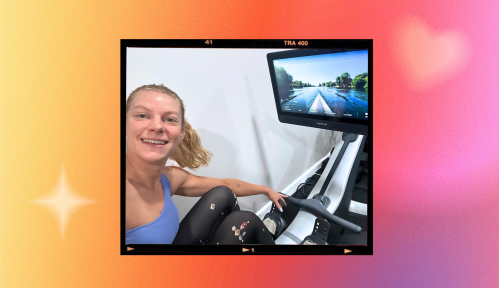Gardening is a great way to enjoy nutritious fruits and vegetables from your own home with high quality. The food you grow will taste better than the produce from the store, and it’s guaranteed to be as fresh as possible—what can be better than that, right? Plus there are some great benefits to gardening, such as providing exercise and an active lifestyle, saving money, improving health, and even as a recreational activity for stress relief.
Experts in This Article
Kelly Gordon is a gardening expert at Daisy Rain Garden Systems.
Ryan Smith is a gardening expert and the owner of Ant & Garden Organic Pest Control in Beaverton, Oregon.
“Gardening can relieve stress, and you get to spend time outdoors, getting fresh air and spending time with nature (if you have an outdoor garden),” says Ryan Smith, gardening expert and owner of an organic pest control and weed management business. You can also save a lot of money by growing your own produce.
What you need to grow fruit
Make sure you have the right pots or starter kits if you’re a newbie. The correct pot size is important. “If your pot is too small your garden will not flourish, and different plants will require different minimum sizes, but in general a 7-gallon pot is big enough to grow anything to full maturity,” says Kelly Gordon, gardening expert at Daisy Rain Garden Systems.
Fruits and vegetables require consistent watering, so it’s ideal to have a timer set up. “Macro-Drip irrigation is easy to install and is a lot more reliable than thin micro-drip lines,” says Gordon. And make sure there’s lots of water access to keep them well hydrated. For basics, you need a garden fork, which turns the soil, and a hoe, as well. You also need a rake and shovel to get rid of leaves and debris around your garden and a wheelbarrow for moving heavier objects and soil around, says Smith.
The easiest fruits to grow yourself
1. Tomatoes
Yes, you might think of tomatoes as a vegetable, but they’re actually classified as fruits. “Tomatoes grow very fast and offer a productive yield if they’re planted in fertilized soils,” says Smith. Since they thrive well in warm weather, plant them in late spring or early summer—that’s your best chance for quality and ease. “If you’re a beginner, buy plant starters rather than seeds,” adds Smith.
Grow smaller types indoors and large salad tomatoes outdoors if you want. Don’t forget to surround the tomato patch with a ring of basil, as it will help you avoid pests.
2. Cherries
If you’re planting many cherries on the ground, make sure to plant them at least 35 feet apart. “Cherries grown in containers usually yield more quickly and these plants love deep, fertile soil and sunlight, so make sure to have them under full sun for at least six hours a day,” says Smith.
3. Apples
“All varieties of apples require full sun and moist, fertile soil to grow and bear fruits so make sure that the soil is well-drained, as they dislike wet areas with stagnant water,” says Smith.
4. Watermelon
Watermelons tend to grow in vines, so if you don’t want your garden to run wild, you can try growing them in containers. “Just make sure to give them ample space, plenty of sunlight, and good drainage to encourage a great yield,” says Smith.
5. Berries
Berries can be easy to grow if you’re committed to putting in the work. Why? They require more pots and diligence. “Start with strawberries, which you can grow on the ground or in containers,” says Smith. You can plant blueberries and raspberries in containers, as they adapt well to flower pots, like strawberries, as a next step. “The trick to getting a good yield is planting two pots, each with a different variety of the same fruit,” says Gordon.
Many cultivars of blueberry are not self-pollinating, which means they require a second cultivar nearby in order to yield fruit. Even the varieties that are sold as self-pollinating will have significantly higher yields if you have a second or third variety nearby, Gordon says. “Raspberries and strawberries are more forgiving, but raspberries in particular benefit from cross-pollination,” she adds. To garden berries, they need full sun and well-drained soil. Here’s a tip from Smith: remove runners to encourage more fruit growth.
6. Bananas
Bananas aren’t the first fruit to often come to mind when thinking of the easiest fruits to grow—yet you actually can with the right guidance in place! “If you want to grow bananas at home, go for a dwarf variety and keep your banana plant in a large container and provide plenty of water and good drainage to make sure they don’t drown,” says Smith.
Shop These Gardening Picks
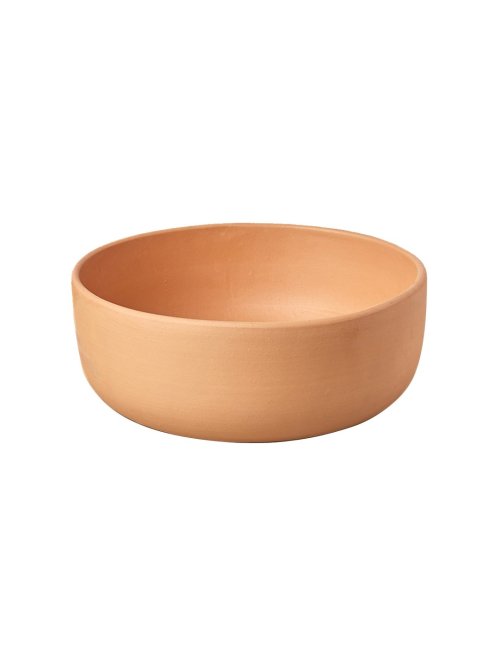
PlantX 11" Terra Cotta Pot — $45.00
Bryan McKenzie, gardener and a landscape designer, likes these bowls, “where you can grow multiple plants in elongated indoor containers placed or in these large terra cotta bowls on the window sills of your kitchen windows.” Make sure to place the bowl in the sunniest spot of your garden.
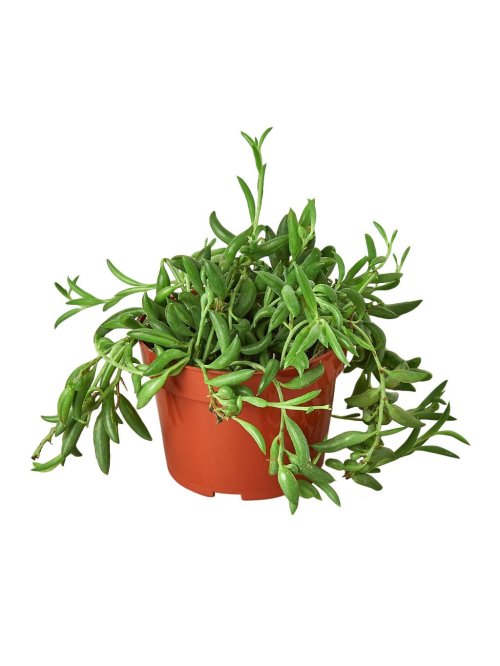
PlantX Succulent String of Bananas 6" Pot — $23.00
This pot is perfect for growing bananas in your garden. This succulent has loose tendrils that have a banana-like foliage to help the plant hold onto water and stay hydrated.

PlantX Moisture Meter — $10.00
This moisture meter is basic, reliable and helps any novice gardener better read moisture levels and accuracy. “I’ve been using mine both outdoors and indoors for over 2 years already,” says McKenzie, who loves this specific model.
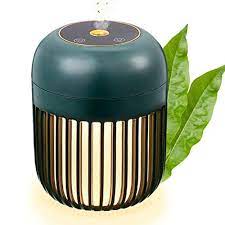
Mini Portable Humidifer — $25.00
If you have an indoor garden, this mini portable air humidifier is perfect. “Most plants require high humidity to thrive and our houses can rarely provide it by default,” says McKenzie. This one is affordable and comes in a nice green.
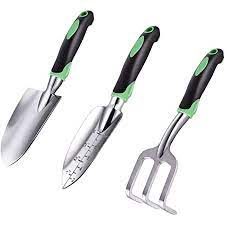
ZUZUAN Garden Tool Set — $17.00
“Large and small rakes and shovels are basic tools needed for processing large patches in a short time or complete small works without toughing the plants nearby,” says McKenzie. This tool set has shovels, rakes, and trowels—it fits all your needs for a reasonable price.
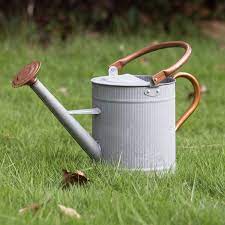
HORTICAN 1 Gallon Galvanized Watering Can — $43.00
Although pricey, this one is good for both indoor and outdoor gardening. “You need much more water to satisfy your outdoor plants, so opt for a full-size can,” says McKenzie. Still, it must be light enough for you to carry.
Want to be the first to hear about the latest (and greatest) SHOP product drops, custom collections, discounts, and more? Sign up to have the intel delivered straight to your inbox.
Sign up for the Well+Good SHOP Newsletter
Get exclusive deals on wellness, beauty, fitness, and food products that have been hand-picked by our editors.
Got it, you've been added to our email list.
